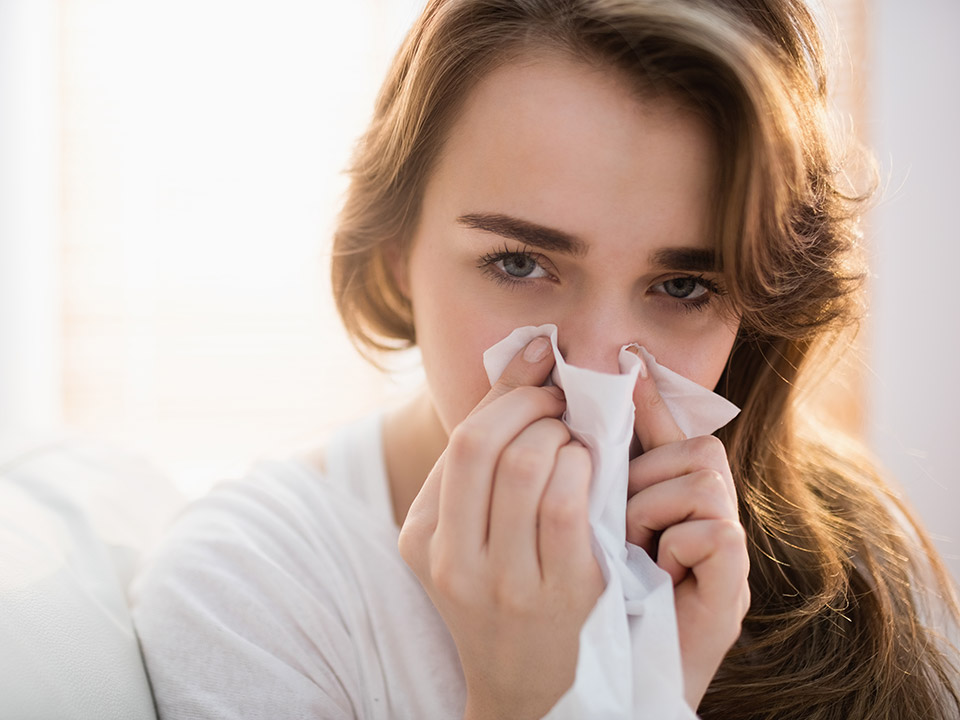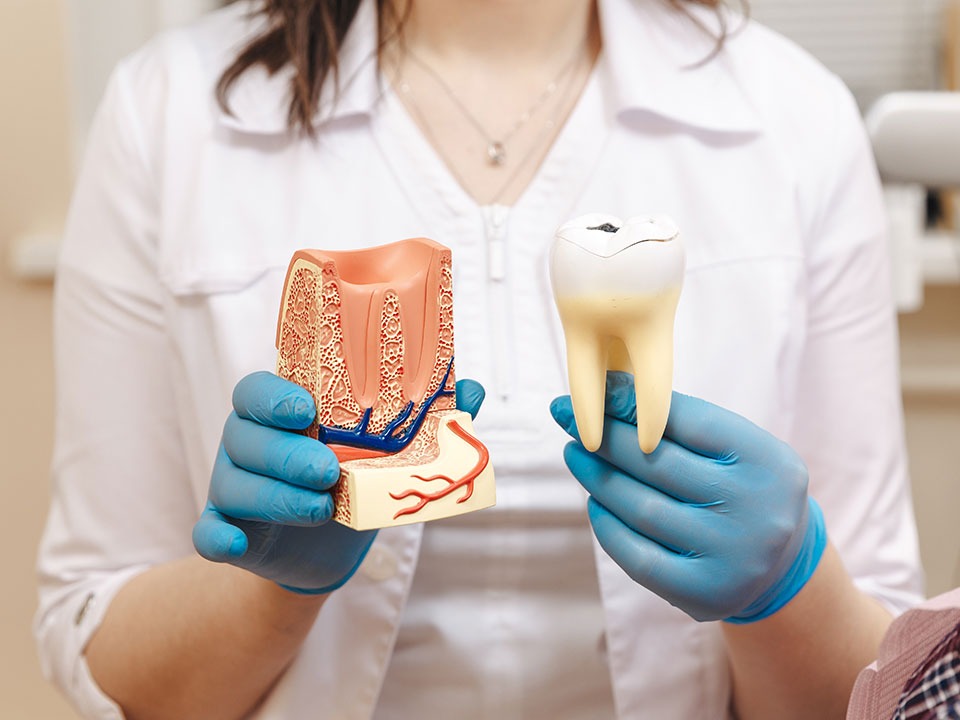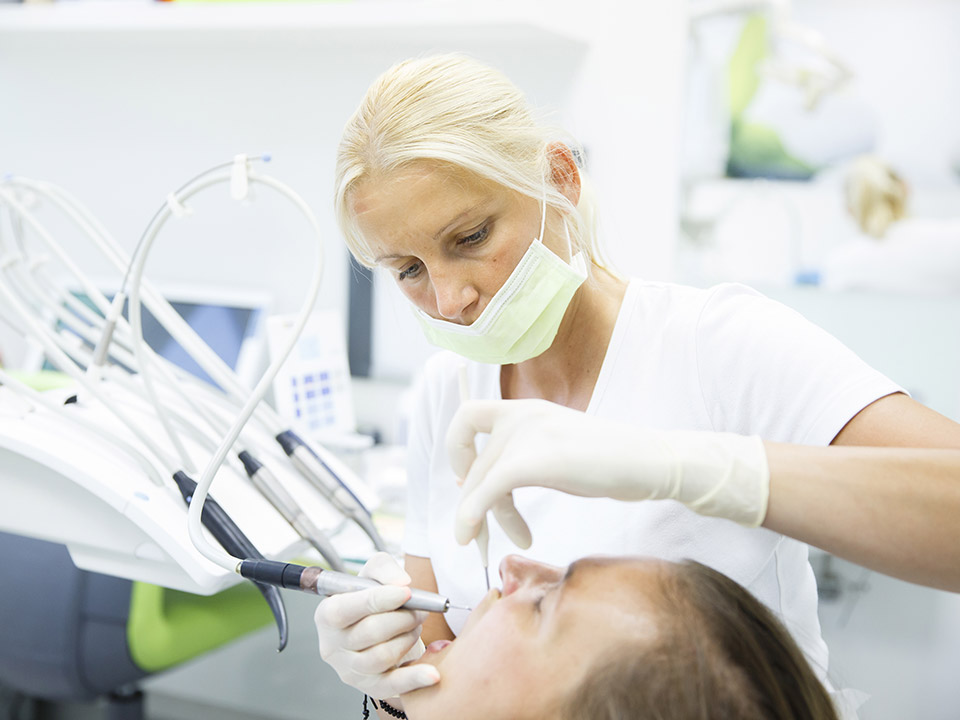Did you know that some people actually feel better when they brush their teeth if they have the flu or a cold? Well, you can probably feel the same, but you need to try first.
A lot of people neglect their dental health when they have a cold. But you need to care for your teeth and gums to prevent infection and other related complications. The symptoms can affect your teeth.
That is why many dental practitioners insist on observing oral health during flu seasons. The CDC confirms that the flu virus can live on wet or moist surfaces for 72 hours. During this time, it can be transmitted to others.
Do you know what’s wet and moist? That’s right, your mouth! So, if you have a cold or the flu, you need to take up an oral care regimen to protect yourself and others. The information below will help you out.
Tips For Caring For Your Teeth When You’re Sick
Stay hydrated
When you have a cold or the flu, it is easy to sustain dehydration. You are losing a lot of body fluids in mucus and vomit. Additionally, you might be too nauseous to drink anything, plus the fever is not doing you any favors.
Without sufficient water in your body, you will develop a dry mouth. This is a condition where the salivary glands do not produce enough saliva to moisten the mouth.
Saliva is important because it washes away bacteria from the mouth, preventing tooth decay and other problems. Without enough saliva in the mouth, bacteria can quickly build up, causing bad breath and other conditions.
Don’t share your toothbrush.
As mentioned, the virus can live in moist conditions for at least 72 hours. Therefore, it can linger on your toothbrush for a while after you brush your teeth. This means that anyone who uses your toothbrush can get infected.
It is important to avoid sharing toothbrushes when you or a friend has a cold. You could infect the person and trigger a chain of cases that spread between family members through shared items.
Additionally, it is essential to note that everyone has a particular strain of bacteria in their mouth. If you pass your bacteria to someone else, you introduce something new that could affect their dental health.
Rinse your mouth after vomiting
If you have the flu, prepare to go through a series of vomits and nauseous feelings. The flu, unfortunately, has this effect, and you will vomit at least once.
Vomiting harms your teeth and gums even though you might not feel it as it’s happening. Throwing up exposes your mouth to stomach acids and bacteria that can erode the enamel and cause inflammation on the gums.
Therefore, ensure that you rinse your mouth every time you throw up. It will wash away the acid and bacteria, saving your teeth from staining as well.
Use sugar-free cough drops.
Many cough and flu medications come with sweeteners to make them taste better. The sweetness helps with swallowing and soothing the mouth, especially cough drops. But sugar is the number one culprit of cavities and enamel erosion.
Sugar reacts with bacteria to produce an acid that eats the enamel of the teeth. This causes cavities and gum diseases that can lead to permanent tooth loss if left untreated. Many people develop cavities when they are sick for this reason, so you should do better.
Ensure that you check the labels for all over-the-counter medication you buy, especially cough drops and lozenges.
Replace your toothbrush when you get better
This is not obvious to many people, but it is one of the ways to keep your body healthy. Once you recover from your cold or flu, ensure that you replace your toothbrush with a new one. Remember that bacteria and viruses can linger on your toothbrush for a few hours.
Continued use of the toothbrush should make you reinfect yourself with the virus. For this reason, doctors advise against using the same toothbrush. Instead, get a new toothbrush. This is the opportune moment to get the right one for your teeth too.
Choose soft bristles with a solid handle. Eco-friendly options are always good, and be sure to pick up fluoride-infused toothpaste.
Avoid touching your mouth.
One of the directives to fight against the Covid-19 virus is to avoid touching the eyes, nose, and mouth to prevent infection. Your hands pick up a lot of germs, bacteria, and viruses. Contact with these parts will make you infected.
By constantly touching your mouth, you introduce the virus into your system again, reducing the chances of a quicker recovery. Therefore avoid touching your face so much.
Similarly, you could introduce bacteria to your mouth that was presently not there. This could present you with new dental problems and body infections. Do your best to keep your hands elsewhere or at least clean before touching your mouth.
Use a saltwater rinse.
A saltwater rinse is a popular remedy for sore throats and even toothaches. It is also a great way to keep bacteria out of your mouth. This is because it increases the pH level in your mouth, making it hard for bacteria to thrive in the mouth.
Therefore, your weakened immune system will fight gingivitis and other bacterial infections adequately. It will also prevent gum inflammations and soothe your sore throat or tonsillitis pain. Use warm water and a teaspoon of salt to the mixture. Do not swallow the mixture to prevent dehydration.
Eat a balanced diet
And finally, a well-balanced diet will help to strengthen your weakened immune system. This will allow you to fight off bacterial infections while improving your flu and cold symptoms. Ensure that you eat more fruits and vegetables, especially citrus.
Similarly, drink lots of lemon water, avoid sugar, use essential oils to steam your face, and open up respiratory pathways. After getting better, you can also visit your dentist for a checkup and advice to keep your teeth healthy.







